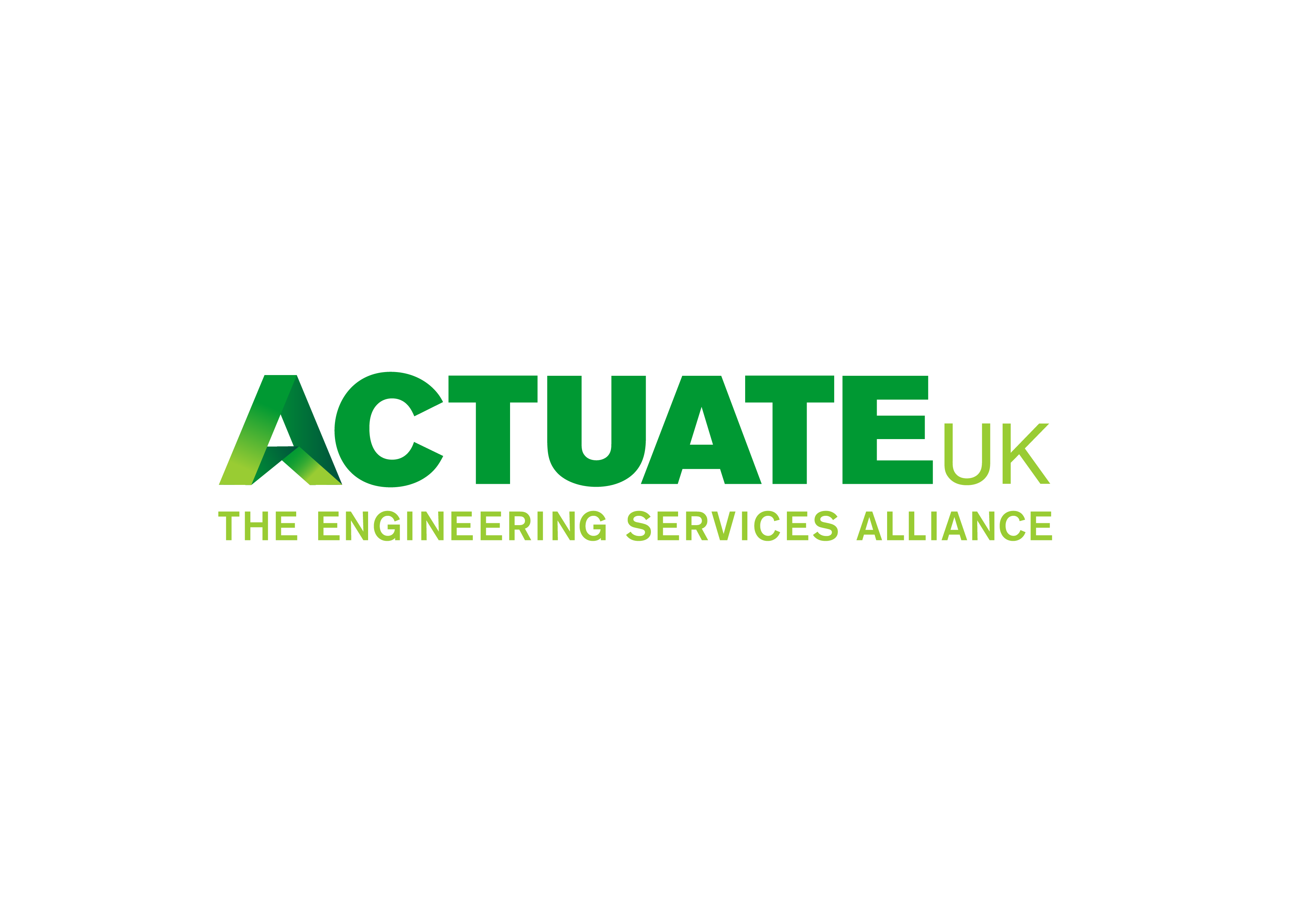The recommendations include legislation to establish a statutory custodial Retention Deposit Scheme; Scottish Government to issue a retention best practice policy note and proceed to greater transparency and drive compliance on the retention practices for public sector contracts. The Group also asks Scottish Government to reference retentions and fair payment within the Construction Accord and monitor the situation to promote best practice in collaboration with industry. Moreover, work should continue to consider and implement removal of retentions from contracts as demonstrated by Network Rail.
The working groups was set up to make recommendations as part of the Scottish Government review on retentions, which included government commissioned independent research from Pye Tait (Retentions in the Scottish Construction Industry) and a public consultation. The report estimated that at any one time in the Scottish construction sector there are retentions worth around £124m with half being released at practical completion and half at the end of the defects liability period. It observed however that the system of retentions is often abused and can create significant problems for smaller businesses should there be insolvency further up the chain.
Alan Wilson, Managing Director of electrical trade association SELECT, said: “We welcome this report and its recognition of the seriousness of the ongoing issue of retentions.
“While we would obviously like to see retentions abolished completely, these recommendations are certainly a step in the right direction and we hope the Scottish Government brings them to fruition.
“In particular, we would like to see the introduction of a statutory custodial retention deposit scheme, along with the automatic release of retentions as early as possible, unless a clear issue has been identified. We would also welcome the requirement for contracting authorities to publish their retentions policy and, if they deviate from it, to be made to explain how and why.”
Alan added: “We are also grateful to the hard work carried out by working group and it is heartening to see progress being made via an ongoing spirit of collaboration and cooperation. Only by continuing to listen, talk and work together will we find a solution that works for us all.”
Fiona Hodgson, CEO of SNIPEF also welcomed the report:
“We would like to congratulate the working group for their report which addresses SNIPEF’s long-term ambition of creating a fairer competitive landscape in which SME’s can thrive. The group was drawn from across the sector and included SNIPEF’s Past President, Gordon Matheson and we are particularly grateful for his input.
“Payment abuse has been a significant issue for too many of our members for too long and we welcome the recommendations put forward in the report, in particular a statutory custodial deposit scheme which could protect sub-contractors from insolvencies and promote prompt payment and transparency.
“As a large amount of work undertaken is in the public sector, we would like Scottish Government to promote, monitor and implement best practice and lead by example.
“We look forward to working with Scottish Government in taking forward these recommendations.”
Steve Bratt, CEO of ECA and lead on Actuate UK’s policy group on business practices commented:
“We welcome the recommendations from the working group in Scotland. Retentions abuse is still widespread across the UK and one of Actuate UK’s aims is to achieve full abolition of the practice.
However, we recognise that certain steps should be taken towards this and we are therefore really pleased that the working group’s recommendations provide a clear framework for action and we look forward to industry and Scottish Government moving quickly to implement them.”
Notes to editors on retentions and the Scottish Government review
- Cash retention in the construction industry is a sum of money withheld from the contractually-agreed amount due on a construction project; the purpose of a retention is to mitigate risk should some of the work not be completed satisfactorily, or any resulting defects not be rectified by the contractor.
- The Short Life Working Group on Retentions in Construction Contracts was set up and tasked by Scottish Government to look into solution for cash retentions – following the Scottish Government consultation and Pye Tait report. The document, including the cover letter to the Minister, are available here: https://www.gov.scot/publications/cash-retention-under-construction-contracts-short-life-working-group-final-report-recommendations/




